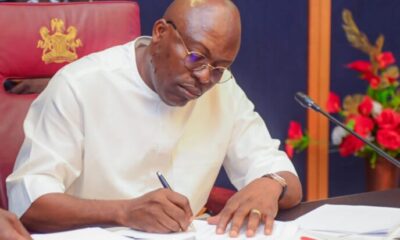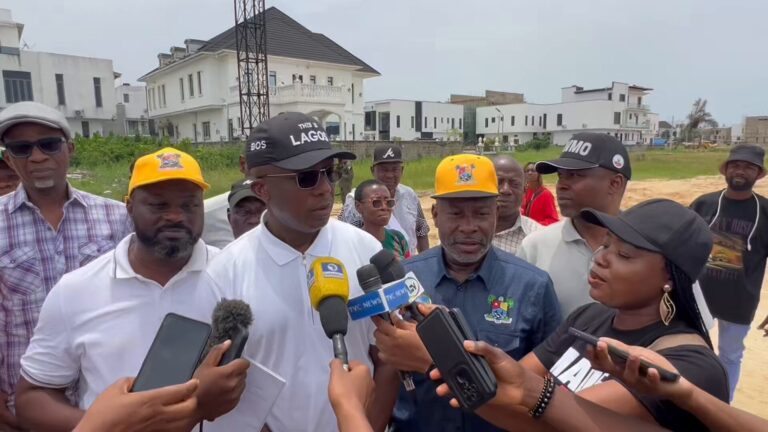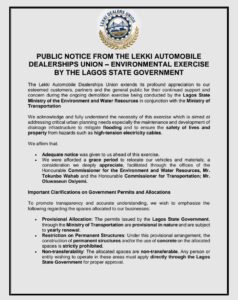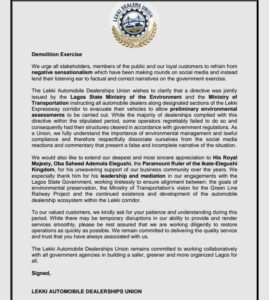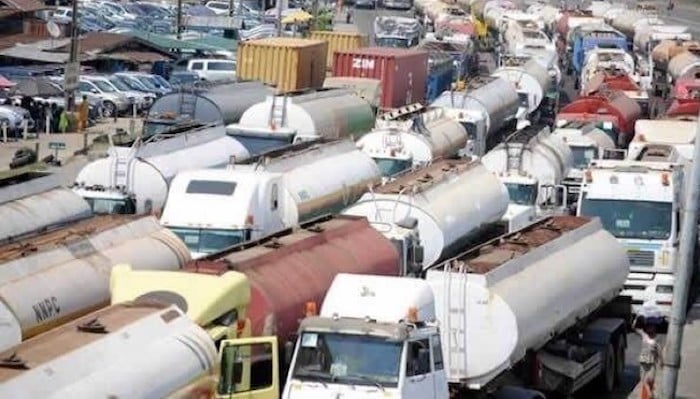Petrol prices have inched closer to the ₦1,000 mark across major Nigerian cities as supply tightens and loading disruptions persist, forcing petroleum marketers to consider importing fuel independently.
According to industry operators, production and supply issues at the Dangote Petroleum Refinery have intensified pressure on the downstream oil market, worsening scarcity and driving up pump prices nationwide.
The National Publicity Secretary of the Independent Petroleum Marketers Association of Nigeria (IPMAN), Chinedu Ukadike, confirmed the situation, noting that members of the Depot and Petroleum Products Marketers Association of Nigeria (DAPPMAN) are finalising plans to begin independent petrol importation to stabilise the market.
He expressed optimism that prices would soon drop once competition returns, saying, “Yes, petrol price is still going to come down because I also know that some marketers, especially DAPPMAN members, have applied and they are going to import petrol products… prices will come down once there is a struggle for the market.”
Checks by The PUNCH revealed that petrol prices rose from around ₦865 to between ₦920 and ₦955 per litre, with some stations in Abuja, Lagos and Sokoto selling as high as ₦1,000 depending on brand and location.
This spike comes despite earlier assurances from the Dangote Refinery that prices would drop to around ₦841 per litre under its new logistics-free distribution model announced in mid-September.
However, that promise has yet to materialise. Instead, prices have climbed steadily above ₦900 per litre in Lagos, Ogun, Abuja, and other cities.
In the Federal Capital Territory, NNPC outlets sold petrol for ₦955 per litre in Gwarinpa and Lugbe, while similar stations in Lagos offered it at ₦928. Across Edo, Rivers, Oyo, and Gombe, motorists paid between ₦900 and ₦1,000, with queues stretching across several filling stations.
IPMAN President Abubakar Shettima blamed depot owners for the fresh surge, saying they raised prices after the Dangote Refinery temporarily halted fuel loading. Depot prices reportedly jumped from an average of ₦830 to about ₦890, with some private depots selling above ₦900.
Data from Petroleumprice.com showed that depots such as Matrix, Fynefield, and Liquid Bulk sold petrol at ₦900, while Northwest and Pinnacle offered ₦895 and ₦885 respectively.
Following these adjustments, retail stations raised pump prices accordingly. NNPC outlets in Lagos and Ogun now sell petrol at ₦928 per litre — about ₦50 higher than previous rates.
NNPC spokesperson Andy Odeh explained that the corporation adjusted prices because depot charges had increased, saying, “The ex-depot prices have gone up… when the price goes up ex-depot, there will be an adjustment by the retailers.”
In Ogun and Lagos, Dangote’s distribution partner MRS sold petrol at ₦925 per litre on Tuesday. Meanwhile, industry sources confirmed that the Dangote Refinery recently suspended petrol sales to private marketers, leading to tighter supply.
Although no official explanation has been issued, insiders linked the disruption to internal maintenance and the recent mass layoff of engineers at the refinery.
Shettima maintained that the situation was temporary, saying, “These DAPPMAN people are the only ones selling now… if Dangote starts selling tomorrow, the price will come down.”
IPMAN’s Ukadike also attributed the hike to refinery reorganisation and the earlier NUPENG strike, which affected refining and loading operations. He noted that, “This is a reflective market whereby when suppliers increase prices, retailers have no choice but to increase them.”
He added that depot owners were exploiting the situation by inflating ex-depot prices, worsening the burden on consumers already facing record-high costs of transportation and food.
The Major Energies Marketers Association of Nigeria (MEMAN) also confirmed that the refinery had restricted gantry loading to its own trucks and MRS vehicles since last Thursday, a move that deepened shortages for independent outlets.
Jeremiah Olatide, CEO of PetroleumPrice.ng, said the refinery’s supply disruptions have distorted the downstream market, revealing that crude shortages and the layoff of about 800 staff had further strained operations.
He said, “The refinery is only loading their own trucks… depot marketers were not allowed to load products today. Private depots have stopped sales and want to raise prices again.”
In Sokoto, residents complained that petrol prices had jumped to between ₦960 and ₦1,050 per litre across both independent and major filling stations, with NNPC outlets reportedly shut for over a week.
A motorist in the state lamented, “I learnt a litre is now ₦992 from NNPC in Lagos. Only God knows how much it will sell in Sokoto… I had to borrow money from my wife just to buy fuel.”
With petrol nearing ₦1,000 per litre, economic analysts warn of fresh inflationary shocks that could worsen living costs nationwide, even as hopes for stable supply from the 650,000-barrel-per-day Dangote Refinery remain uncertain.
Efforts to reach the refinery’s spokesperson, Anthony Chiejina, were unsuccessful as calls and messages were not answered.
Credit: The Punch

 BIG STORY15 hours ago
BIG STORY15 hours ago
 BIG STORY2 days ago
BIG STORY2 days ago
 BIG STORY5 days ago
BIG STORY5 days ago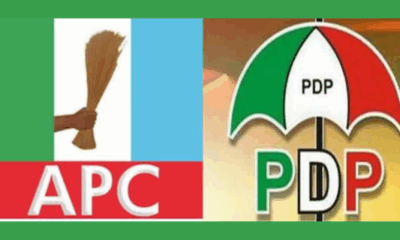
 BIG STORY20 hours ago
BIG STORY20 hours ago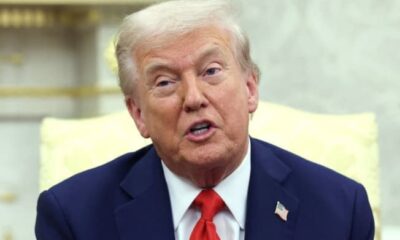
 BIG STORY3 hours ago
BIG STORY3 hours ago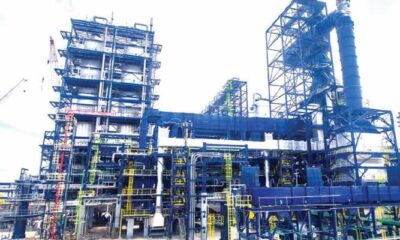
 BIG STORY5 days ago
BIG STORY5 days ago
 BIG STORY4 days ago
BIG STORY4 days ago
 BIG STORY2 days ago
BIG STORY2 days ago










